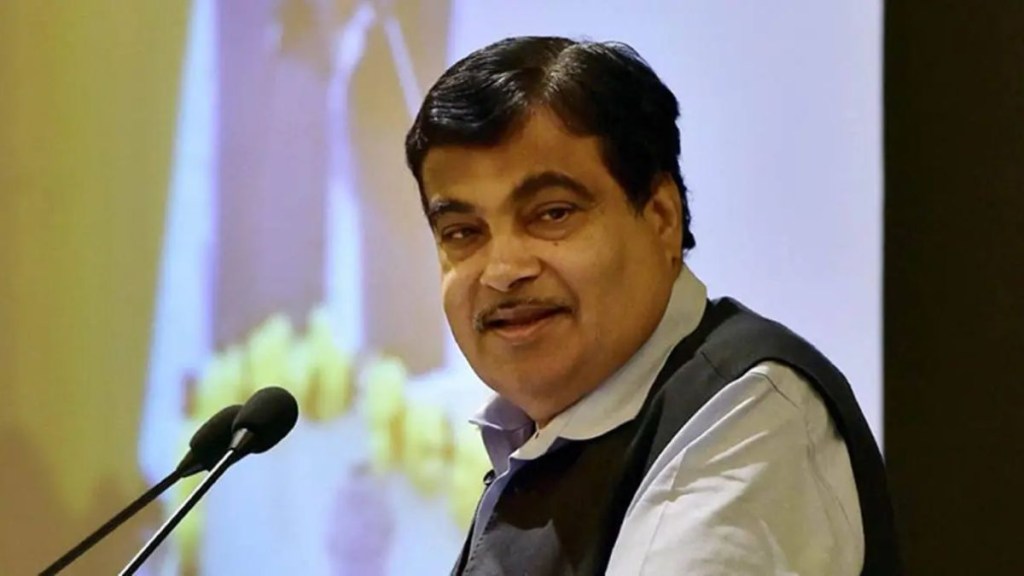Union minister Nitin Gadkari announced that the government is actively developing a policy to ensure the elimination of potholes on national highways by the end of this year.
The preferred approach for road construction is the Built-Operate-Transfer (BOT) mode due to its superior maintenance record, he mentioned during a press conference on Thursday.
Pothole-free national highways by December this year
The Ministry of Road Transport and Highways is striving to achieve pothole-free national highways by the close of December this year by establishing performance-based maintenance and short-term maintenance contracts.
Generally, road construction has employed three modes: BOT, Engineering, Procurement and Construction (EPC), and Hybrid Annuity Model (HAM). Gadkari explained that roads constructed under the EPC mode require early maintenance, whereas in the BOT mode, roads are constructed with higher quality because the contractor is responsible for maintenance costs over the next 15-20 years.
Hence, the ministry has chosen to prioritize road construction under the BOT mode on a significant scale. Gadkari emphasized this decision during the media briefing on various initiatives within his ministry.
Ministry conducting safety audits of national highways
Recognising that rains can damage highways and lead to potholes, Gadkari stated that the ministry is conducting safety audits of national highways. He also mentioned that a policy is in the works to ensure pothole-free national highways, and young engineers will be enlisted to contribute to the project’s success.
Anurag Jain, the Secretary of Road Transport and Highways, disclosed that the ministry has completed the mapping of the entire 1,46,000-kilometer length of national highways and is finalizing performance-based maintenance and short-term maintenance contracts to eliminate potholes by the end of December this year.
In BOT projects, private investors assume the financial risk of constructing and operating highway projects over a concession period of 20-30 years, recovering their investments through user charges or tolls. In EPC projects, the government pays the developer for highway construction, with toll revenues going to the government.
